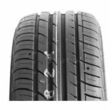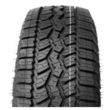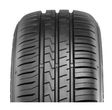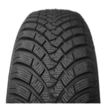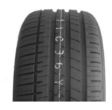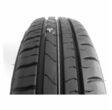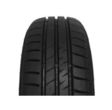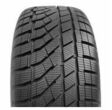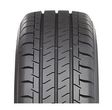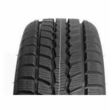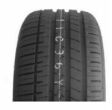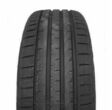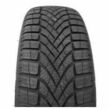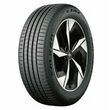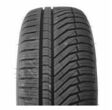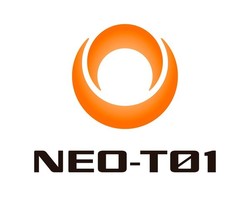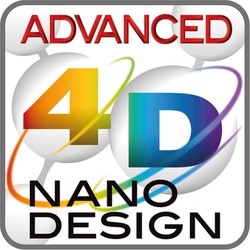Falken tyre
The Falken tyres are made by Sumimoto Rubber industry in Japan in partnership with the Amercan manufacturer Goodyear. The first Falken tyre was made in 1983 and won appraisal for its performance and innovations in the tyre industry. Falken offers top range tyres that will thouroughly fulfill your expectations. Falken tyre are made to provide customers with an outstanding value for money.
Falken exclusivelly produces sports tyres and enjoys an extremely positive public image thanks to its deep involvement in car racing. At Falken, tyres go through extremely demanding quality screenings. All production sites are ISO 9001 certified.. Moreover, the Sumimoto group plants have a ISO 14001 certification related to environment protection.



